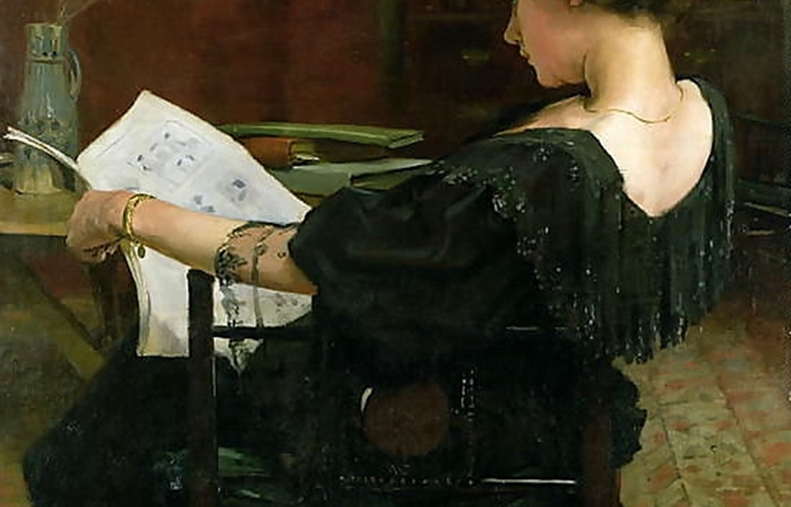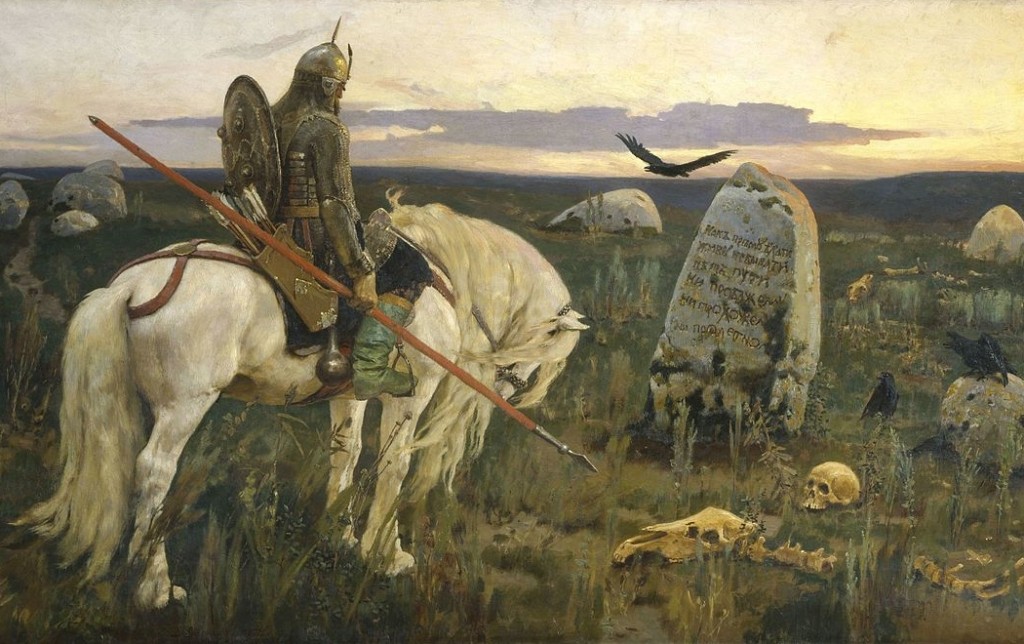
Ahead of Hungarian Election // 4liberty.eu N E W S L E T T E R
BY
4liberty.eu / April 1, 2022
This special issue of the 4liberty.eu Newsletter provides an overview of the articles published on the 4liberty.eu website tackling the forthcoming Hungarian parliamentary election.











